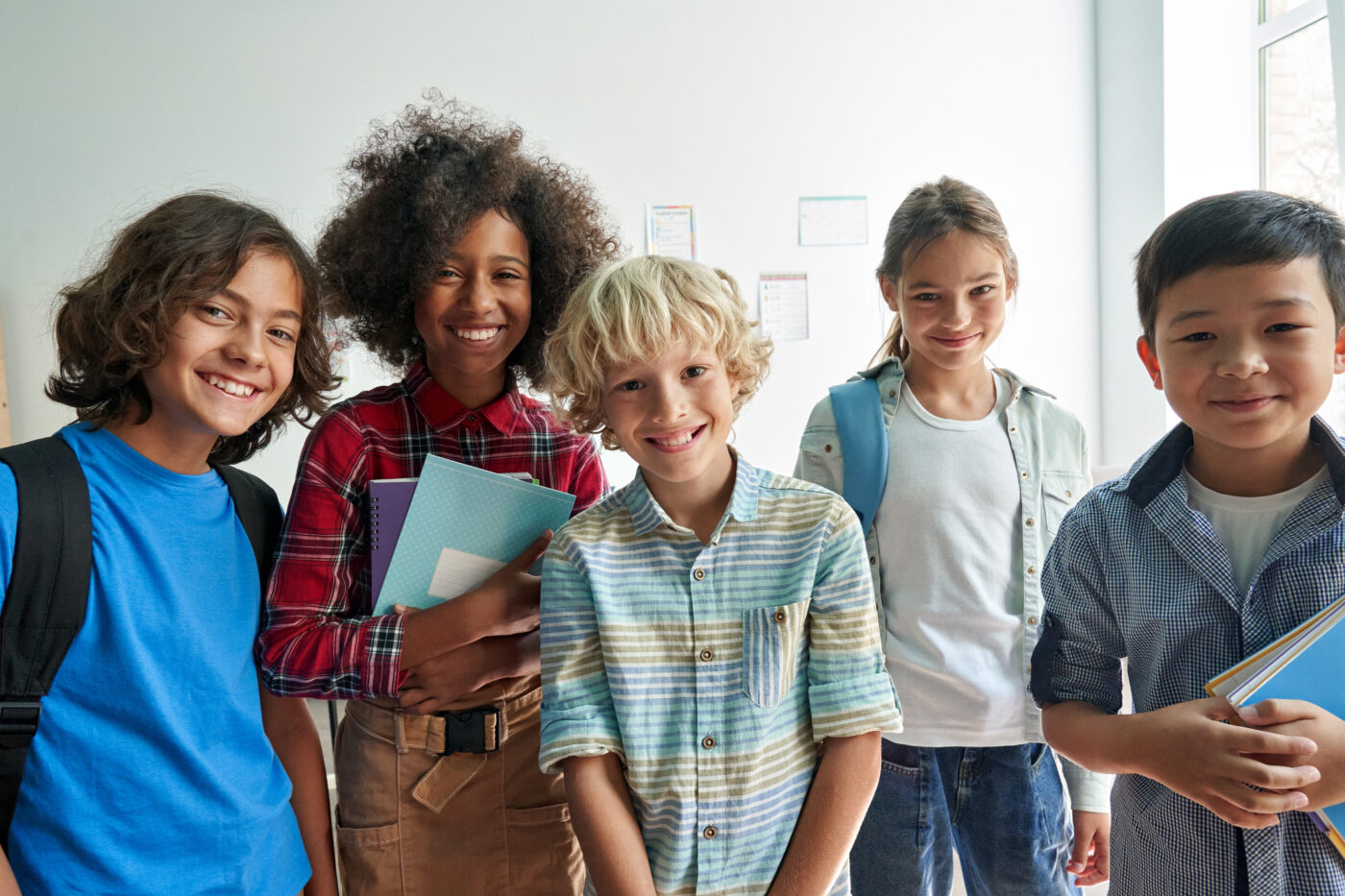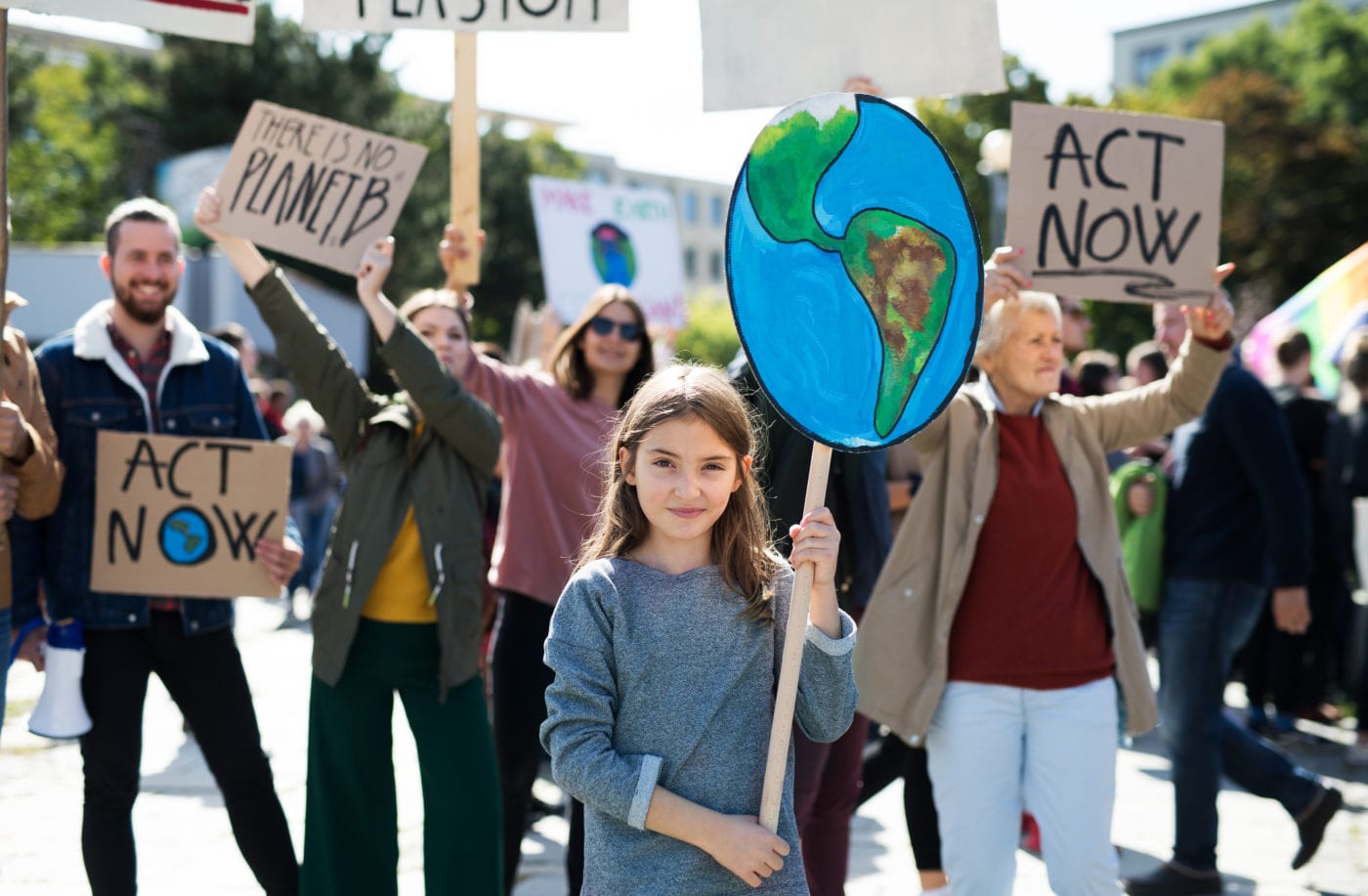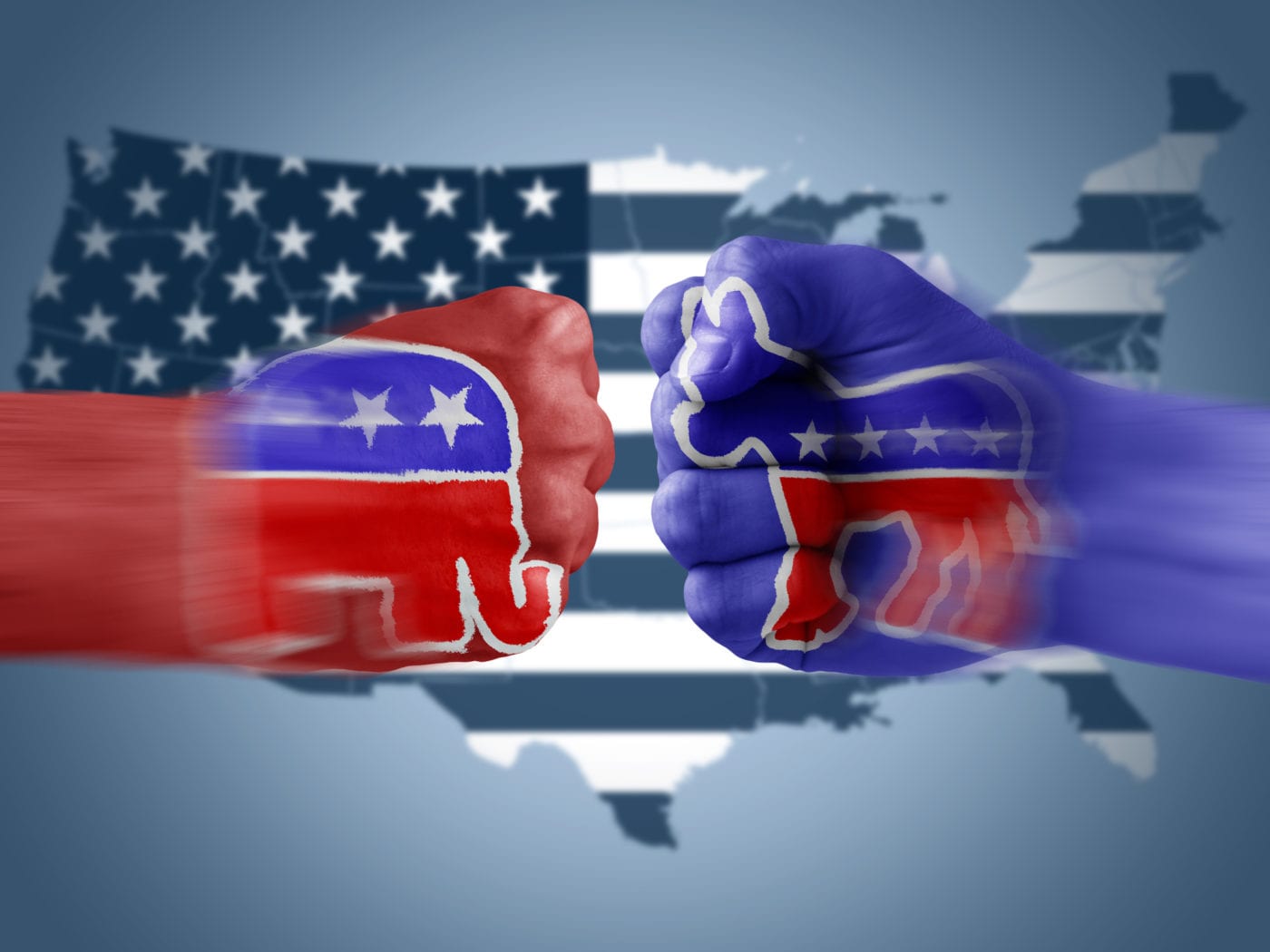I grew up in the heart of conservative USA. At 21, I moved to the Pacific Northwest, 20 miles from one of the most progressive cities in the country. It didn’t take me long to realize many people held very different political beliefs than I did. It wasn’t until I was immersed in a vastly different ideological context that I started thinking more deeply about my political beliefs—and more importantly, about how I portrayed them and interacted with those who believed differently. At first, I debated my beliefs. But then, I was fortunate enough to become friends with people on the “other side.” That changed me.
With recent major political decisions and the midterm elections right around the corner, it’s easy to see how divided our country has become. What’s scary is how much of that division has trickled down from parents to their kids. A drive through the parking lot at my kids’ school shows how entrenched many students are who my daughter and son are around every day. They hear chatter and see signs of partisanship. I’m sure you’ve seen it too. Without realizing it, we may be training our kids to be divisive. This means we may have to change our approach. Teaching your kids about unity is a great place to start. Here’s how.
Are you a divider or a unifier?
One thing I learned about myself was that I had inherited my political ideology from my dad, but I hadn’t thought very deeply about the issues for myself. I was more interested in proving my points than in the people I was debating. I was a divider.
Some people part ways with the political ideology of their parents, but a 2004 Gallup poll revealed that 71% of teens say their social and political ideology is the same as their parents’. If our kids think people who think differently are immoral, they probably got that belief from their parents.
The good news is, just as we can pass our divisiveness on to our kids, we can also pass down unity. Yes, it may require that we change how we talk and act. It might mean we have to stop watching so much news and listening to so many podcasts. But if it helps our kids grow up to be kinder humans, isn’t it worth it?
Talk about both sides of the issues that come up.
Can I be honest? I think I’m right about most issues. I believe that what I believe about any hot topic is the only correct point of view. And I want my kids to believe the same things.
It’s easy to only present your side of an argument, especially in your household. But one thing I try to do is honestly explain the point of view others hold on any issue. I do my best to present their argument without soiling it with my disagreements. Some topics are more difficult than others. But I’ve noticed that when I try to present both sides, it causes me to need to know more about why people disagree with my point of view—which usually makes me a lot more understanding. If I’m more understanding, my kids will be too.
Have a higher calling.
It’s easy to get caught up in fighting to win. Our brains love winning arguments. But have you ever won an argument and then regretted it? I have. Winning the argument harmed my relationship with that person.
Teaching your kids about unity has gotten lost. We have overly emphasized politics and underemphasized some virtues that have always been important to our country. Unity is one of them. The Latin phrase “E pluribus Unum” appears on most of our currency. Do you remember what it means? Out of the many, one. For me, living in harmony amid disagreement has become important. It’s a higher calling.
Another higher calling for me is human dignity. I believe everyone deserves to be treated with dignity and respect regardless of race, religion, or beliefs. That’s a higher calling. I won’t treat someone in a disrespectful way simply because they have a different ideology than I do. It’s hard to build unity when we elevate ourselves and belittle others because of their beliefs.
My kids are always watching how I interact with people. Not only do they notice how I treat people, but they notice when my treatment of people differs from what they see in other adults. What I hope they see in me is kindness contrasting the division they see all around them. I hope that’s what they pick up on and pass on to their kids. I hope the same for you too.
Sound off: Do you think teaching your kids about unity is important? Why or why not?











Huddle up with your kids and ask, “Have you ever been mad at someone who had a different opinion? Why do you think you were mad?”